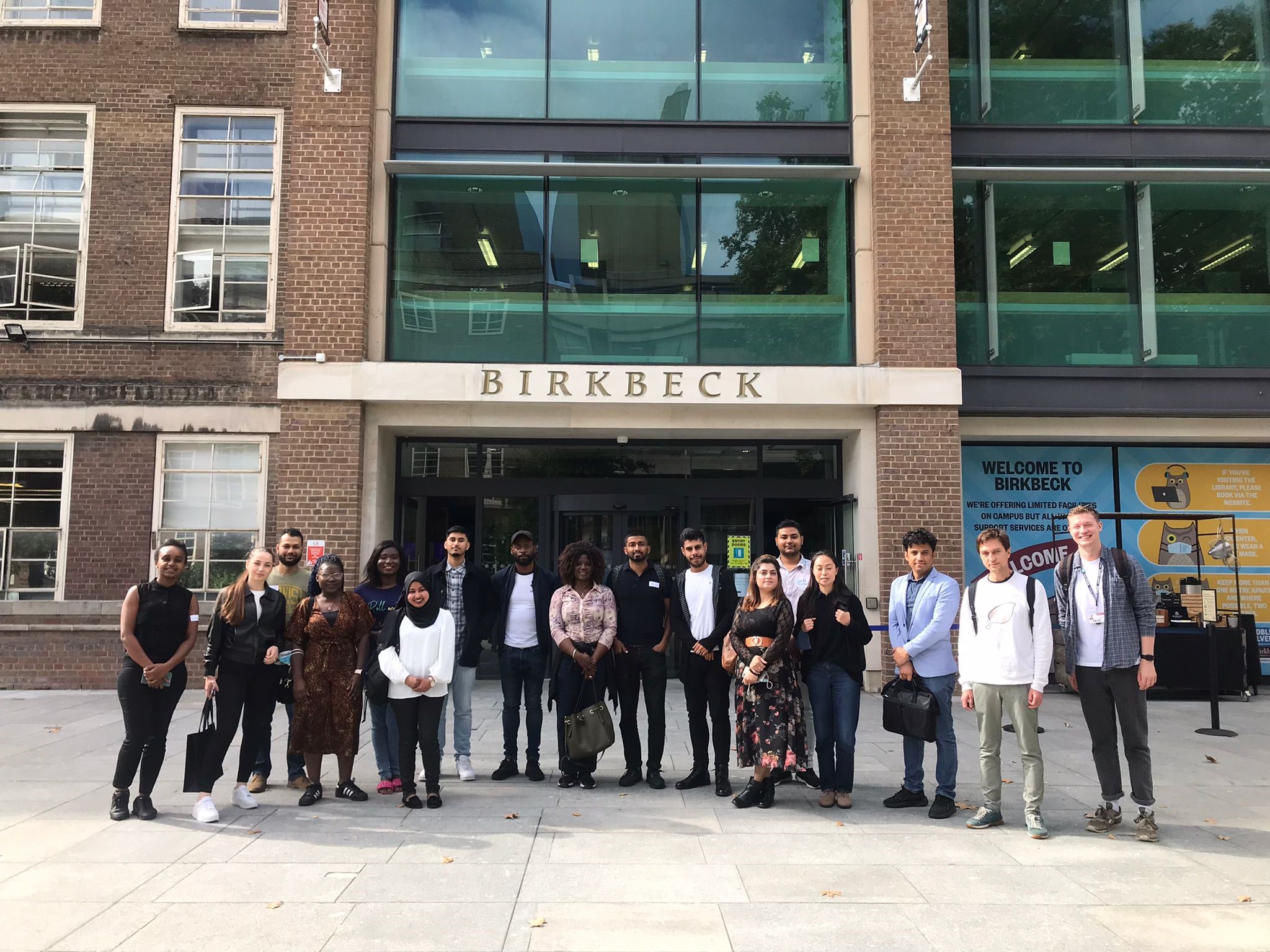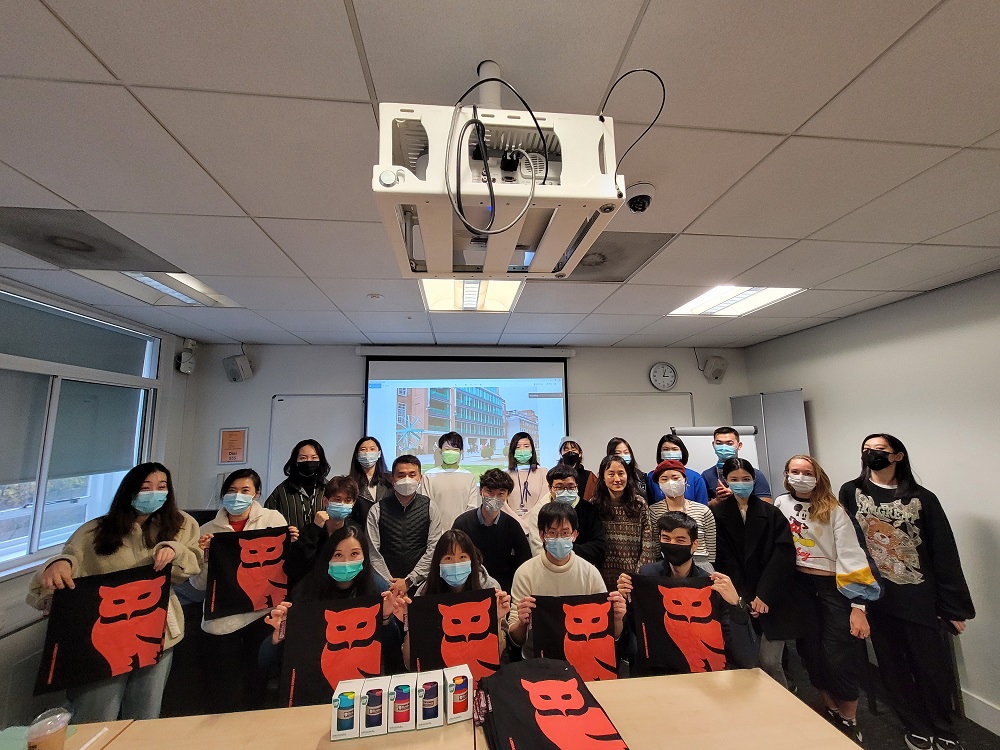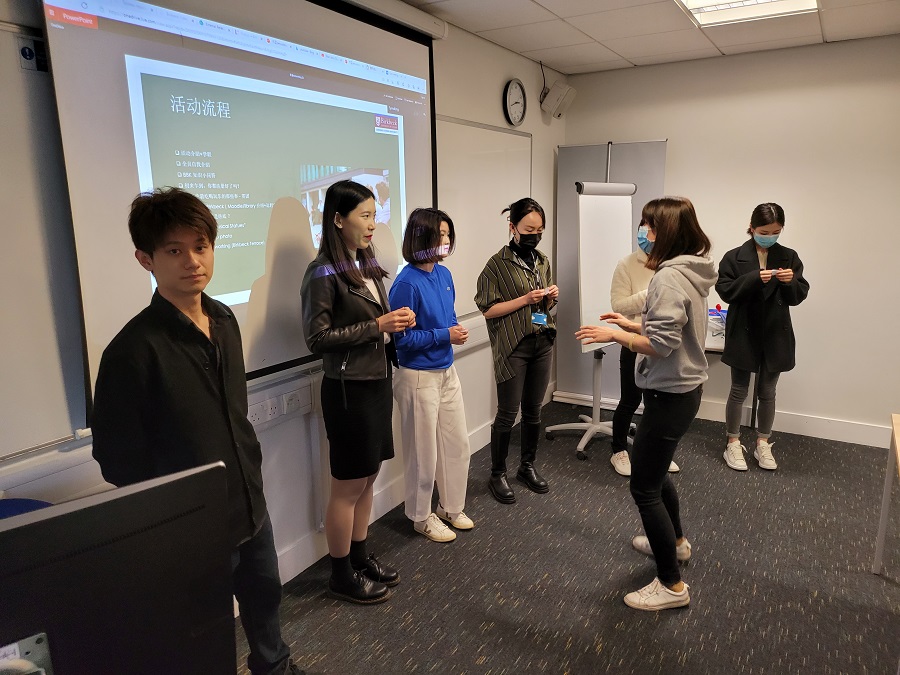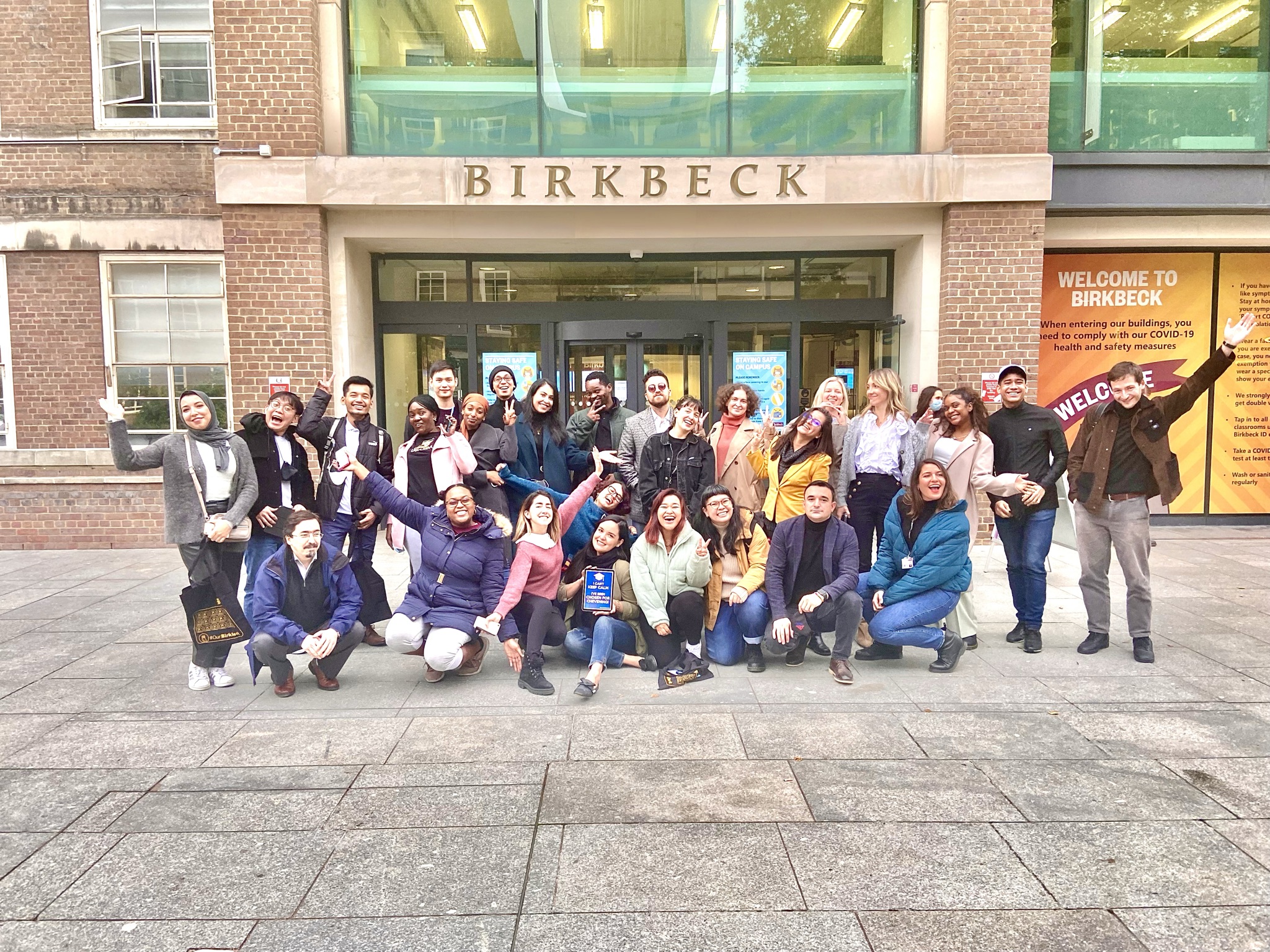Birkbeck’s School of Business, Economics and Informatics welcomed Professor Morten Huse for the first in a series of talks on how to conduct rigorous, impactful research.

At a time when academics face increasing and competing demands on their time, how can researchers ensure that they are conducting theoretically rigorous and practically impactful research?
On Monday 15 November, the School of Business, Economics and Informatics welcomed Professor Morten Huse, Professor Emeritus at BI Norwegian Business School (Oslo) to deliver the first in a series of talks entitled ‘How to become and thrive as an impactful scholar’. The talks draw on reflections from Morten’s award-winning book: ‘Resolving the Crisis in Research by Changing the Game’.
The session was chaired by Dr Muthu De Silva, Assistant Dean (Research) in the School, who welcomed Professor Huse and colleagues to the event.
Morten began by sharing his motivations for writing the book that forms the basis of this series, which he described as an “introspective journey”. The book began as part of an ERC Advanced Research Grant Application exploring a sharing philosophy in academia and the concept of engaged scholarship.
Morten introduced the idea of a “scholarly ecosystem”; a holistic view of academia that encompasses the institution, the community, its audience, messages and communication channels. In particular, he highlighted the importance of the community and transferring from a “publish or perish culture into true scholarship”.
The key elements in the sharing philosophy are:
- Caring for each other
- Open innovation
- Impact driven
- “Life is too short to drink bad wine”
Open innovation
Morten argued that open innovation is a holistic process, in which individuals’ scholarly lives cannot be separated from their private identity. It is about the integration of head, heart and hands.
He explained: “I think we all agree that scholarship goes beyond learning the tricks of the trade. Still, I’m seeing that the most popular sessions in conferences are about how to learn to publish, how to learn the tricks of the trade, more than really getting into the research.”
Reflecting on his experience at Witten/Herdecke University from Chapter 7 of the book, Morten discussed the importance of open dialogue and contributions from across the academic community to create a communal experience.
During his time at Witten, Morten began to define himself as a mentor and to use a policy of “starting with the heart”, discovering that the head and the hands would soon follow.
An impact-driven approach
Morten shared some examples from Chapter 8 of his book to show the importance of an impact-driven approach.
Referencing his work on the ‘getting women on boards’ research agenda during the 1980s and 1990s, he explained: “We wanted to be open and share, in that way learning so much more than when we were just protecting things for our own credit. We could risk that somebody worked faster than us in publishing and getting credit: what mattered was that the important things were understood. In that period, we were not afraid of sharing with each other what we were doing, because we were learning so much more and so much faster. “
Polymorphic research
Morten defines polymorphic research as “alternative ways of thinking and doing research.” This involves avoiding formulaic methods as shortcuts to publication and instead pursuing impactful research by challenging assumptions, methods, interpretations and how research is communicated beyond publications to make a change in business and society.
An example of this type of research is the ‘champagne method’: action research featuring interaction and co-creation between the actor and the researcher. The champagne method involves a holistic approach and requires trust, positive energy and continuous reflection. It represents the integration of research, teaching and action.
“Life is too short to drink bad wine”
Throughout the event, the talk returned to the catchphrase “Life is too short to drink bad wine”, which embodies Morten’s philosophy that researchers should spend their time on the projects that will be truly meaningful, with colleagues who share their passion. How to achieve this type of research and the scholarly journey will be explored in-depth in upcoming sessions in this series.
The presentation was followed by discussion from delegates, which further explored the impact of individualistic vs communal cultures and how to scale-up an open innovation and communal approach.
Places on session two of this series on thriving in different stages of an academic career are available to book now.

 Some of our scholars have already teamed up with last year’s Student Action Refugees (STAR) committee. In addition to the meetings to plan this year’s activities, they got stuck in straight away through their contributions to the Anti-Refugee Bill rally that took place on 20 October in Westminster. It was lovely to see representation at the rally from so many of our partners in the sector. Birkbeck is proud of its STAR student society and are excited to see what things they get up to this year.
Some of our scholars have already teamed up with last year’s Student Action Refugees (STAR) committee. In addition to the meetings to plan this year’s activities, they got stuck in straight away through their contributions to the Anti-Refugee Bill rally that took place on 20 October in Westminster. It was lovely to see representation at the rally from so many of our partners in the sector. Birkbeck is proud of its STAR student society and are excited to see what things they get up to this year.



